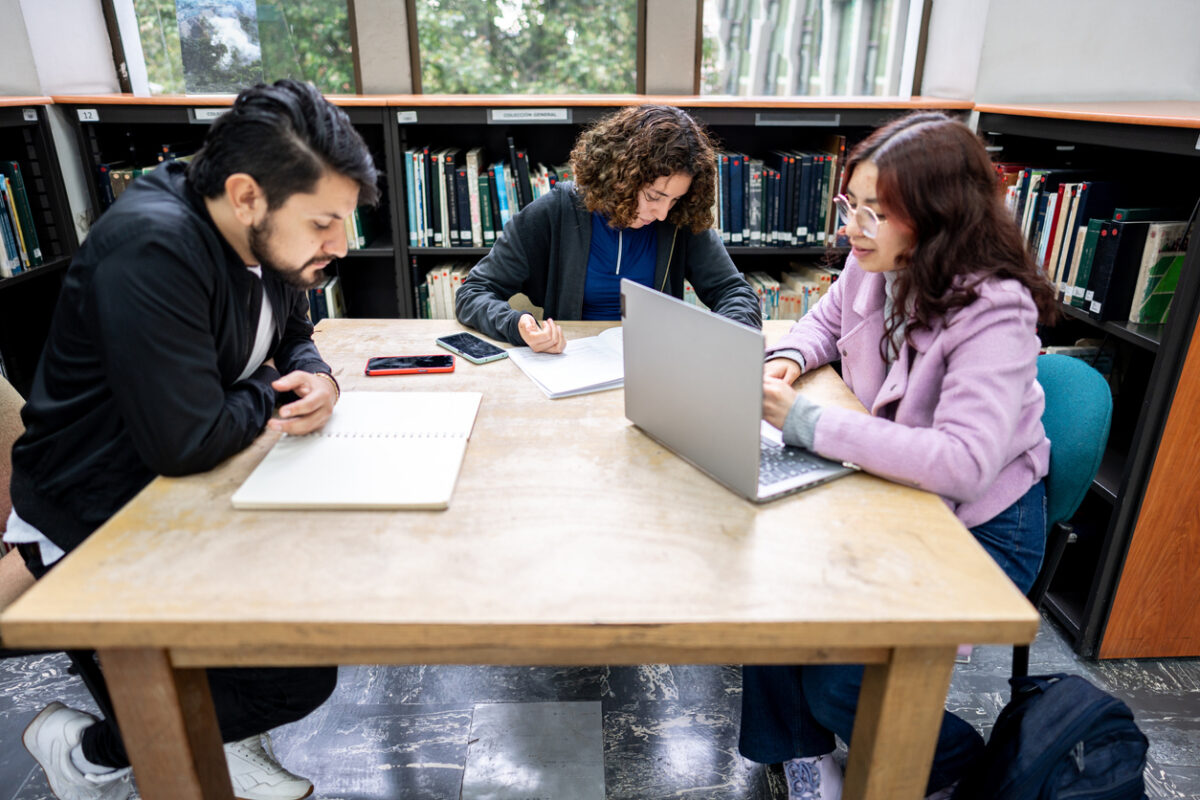Degrees of Hope
Published Dec 05, 2014
Washington, D.C., Dec. 8, 2014–– It is time to change the way we think about a “typical” college student. Increasingly, college students are more likely to be low-to-moderate income, first-generation, or students of color enrolled in a community college and working full-time. This is a radical shift from the more traditional 18-year-old who enrolls full-time in a four-year institution right after high school. But while the profile of a “traditional” college student is changing, many of our policies and practices to support them have not. A new report and documentary from the Institute for Higher Education Policy (IHEP) share the stories of these 21st century students and provide recommendations for supporting them.
The documentary film, Degrees of Hope: Redefining Access for 21st Century Students, shares the personal stories of five 21st century students: a first-generation student, a community college transfer student, a veteran, an online learner, and a returning adult. The 40-minute documentary depicts the barriers they face, milestones they achieve, and support they receive on their journey to and through college.
The companion report, Access to Attainment: An Access Agenda for 21st Century College Students, documents the challenges facing 21st century students and presents strategies for addressing these challenges through policy and practice at the institutional, state, and national levels. Recommendations include implementing a college-going culture, clarifying and strengthening academic pathways, controlling the cost of college, and streamlining pathways to success. The report, film, and discussion guide are part of a wider initiative funded by TG.
“While it is very important to focus on college completion, we have to remember that accessing college is not automatic or easy for many of today’s students,” said Dr. Michelle Asha Cooper, president of IHEP. “We hope this film and accompanying materials bring attention to this issue and lead to greater focus and commitment to resolving barriers to college access.”
“In terms of higher education attainment for low-income students, there is no better time to arrive at this intersection of policy, practice, and experience,” said Kristin Boyer, TG’s director of philanthropy. “IHEP beautifully captures the student experience in a way that compels and inspires discussion about what could be and what must be changed if we are to ensure a bright future for all students, all communities, and our nation as a whole.”
The report, film and discussion guide can be found at: www.ihep.org


